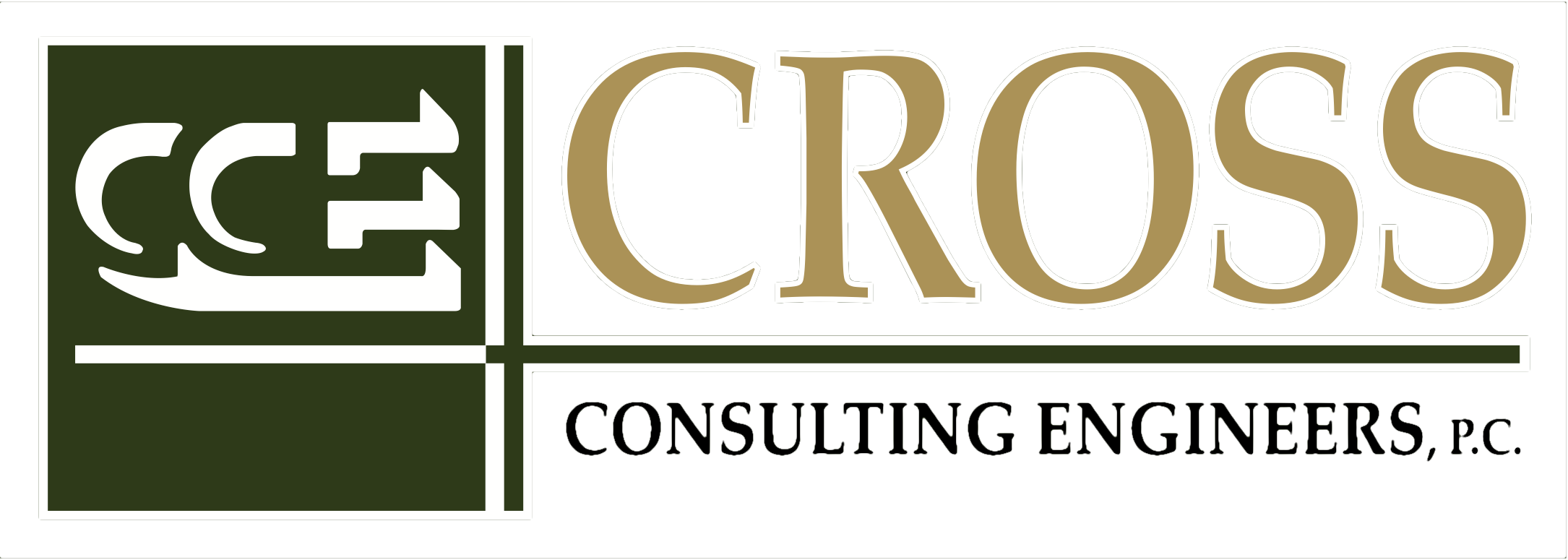The permitting process, especially in Vermont, is at the very least an involved procedure. Our firm's considerable knowledge of the process, plus our familiarity with many local review boards and officials, combine to make us an essential partner in obtaining the necessary permits for your project.
We strive to earn credibility with the permit review authorities through integrity, honesty and the performance of quality engineering. This is achieved through full attention to all applicable regulations, coupled with a project design that is sensitive to the Owner's needs as well as the environment. Our extensive and ongoing working relationships with the permitting agencies help us to expedite the process.
An example of some permits needed for various projects are:
- Act 250 (Vermont)
- Water and Wastewater
- Subdivision
- Fire Prevention
- Stormwater Discharge
- Highway Access
- Local Zoning and Planning
- Federal and State Wetlands Permits
- Medium and Large Farm Operating Permits
- Air Quality
Complete, accurate and thorough applications for well designed projects are the key.
Our involvement in the permit process also includes competent representation at all public hearings. We also provide expert assistance in appeals, if necessary.







